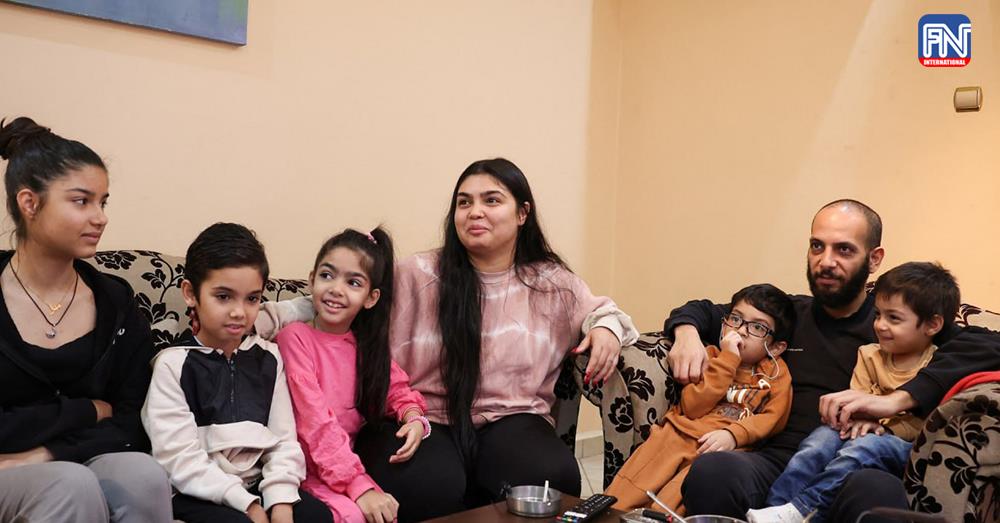ATHENS/BERLIN, Dec 11 (Reuters) - Najem al-Moussa was delighted when news of Syrian President Bashar al-Assad's overthrow first beamed from the television in his tiny Athens apartment.
Then came a dreaded thought: what if Assad's fall meant he and his family would be forced to return to the devastated country they had fled nine years before?
Events in Syria took a seismic turn on Sunday when rebels poured into Damascus after a lightning offensive that forced Assad into exile in Russia and raised hopes of an end to a 13-year civil war that has left the country in ruins.
Now, as European countries rethink their asylum policies for Syrians in the light of developments, many fear they will have to go back.
"I consider my life to be here. Not just me but my children," said al-Moussa, a lawyer by training who works as a cook in Athens and has been transfixed by the television news for days. "The life that was provided in Greece, my country was not able to offer."
Hundreds of thousands of people have died in Syria's war, which began in 2011 and pitted Assad's army against various rebel groups. Whole cities have been flattened by bombing. Millions fled or are in need of humanitarian assistance.
Thousands of civilians who moved to neighbouring Turkey and Lebanon rushed back into Syria this week, their cars filled with people, luggage, and hope of a peaceful homecoming.
But 10 Syrian refugees who spoke to Reuters in Europe and the United Kingdom thought differently. Returning would mean an end to a new life they have risked everything to build.
Al-Moussa and his wife Bushra al-Bukaai fled Damascus in 2015 after the birth of their second child. They spent everything they had on a two-year journey that took them to Sudan, Iran, Turkey and eventually Greece.
They now have five children who are all in school and speak fluent Greek. None speak the Arabic of their parents' homeland.
"When we talk, they ask: 'Daddy, can we really go back to living in these areas? How did you live there before?'," Al-Moussa said.
His wife agrees. "I cannot imagine my children building their future in Syria. Not at all," she said, their youngest son in her lap.

Photo from Reuters




